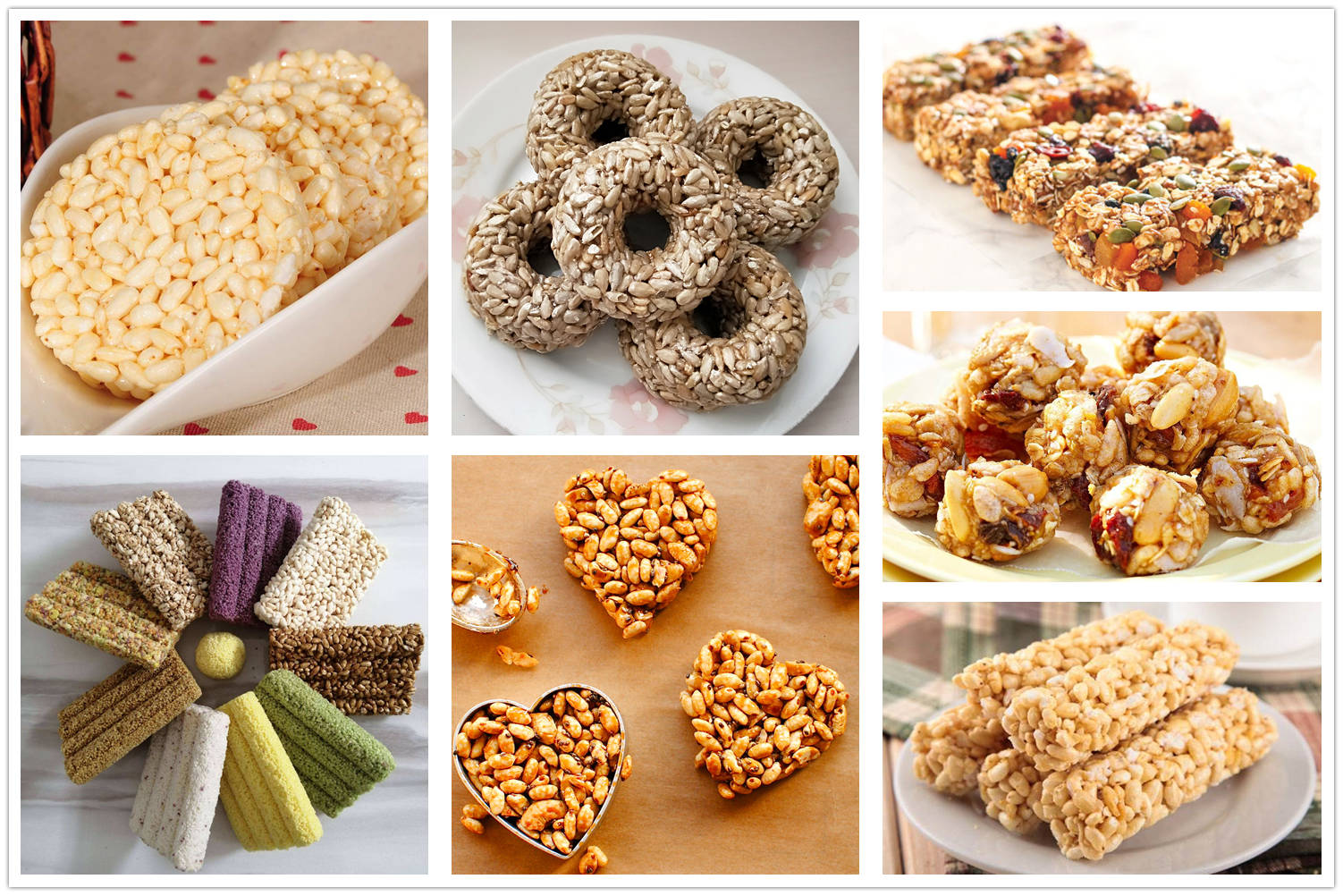In the fast-paced world of food production, the question of sustainability has become increasingly crucial. One area where significant strides have been made is in the realm of cereal bar production. The advent of Cereal Bar Forming Machine has played a pivotal role in revolutionizing the industry, offering a sustainable solution to the challenges posed by traditional methods. Let's delve into how these machines contribute to sustainability and why their adoption is a positive step forward.
Cereal Bar Forming Machines excel in optimizing resource utilization throughout the production process. Traditional methods often involve considerable waste, whether it be excess ingredients or energy consumption. These machines, on the other hand, are designed with precision, ensuring that raw materials are used efficiently. From precise measurements to minimal spillage, the overall resource footprint is significantly reduced.
Energy efficiency is a cornerstone of sustainability, and Cereal Bar Machines shine in this aspect. Through innovative engineering and technological advancements, these machines operate with a focus on minimizing energy consumption. From the mixing of ingredients to the final packaging, every stage is optimized for energy efficiency. This not only contributes to cost savings for manufacturers but also aligns with global efforts to reduce carbon footprints.

The efficiency of Cereal Bar Forming Machines extends beyond resource and energy considerations. These machines streamline the entire production process, leading to reduced production time and increased output. In traditional settings, manual labor and time-intensive processes are often prone to inefficiencies. By automating the production of cereal bars, these machines enhance overall productivity, allowing manufacturers to meet growing demands without compromising on quality.
Packaging is a significant concern in the quest for sustainability, and Cereal Bar Forming Machines contribute to minimizing packaging waste. These machines can be integrated seamlessly with eco-friendly packaging solutions. Moreover, the precision in bar formation allows for packaging designs that reduce excess material usage. This not only aligns with consumer preferences for sustainable practices but also addresses the broader issue of plastic pollution.
Beyond the production line, the adoption of Cereal Bar Forming Machines has ripple effects on agricultural practices. The increased demand for specific ingredients used in cereal bars can influence farming choices. Sustainable farming practices become economically viable as the demand for responsibly sourced raw materials rises. This, in turn, fosters a positive feedback loop, encouraging environmentally friendly agricultural methods.
In conclusion, the contribution of Cereal Bar Forming Machines to sustainability is multifaceted. These machines offer a holistic approach by optimizing resource utilization, reducing energy consumption, streamlining production processes, and minimizing packaging waste. The impact extends beyond the manufacturing floor, influencing agricultural practices and fostering a more sustainable supply chain. As the food industry continues to evolve, embracing technologies that prioritize environmental responsibility is not just a choice but a necessity. Cereal Bar Forming Machines stand as a testament to how innovation can drive positive change, making sustainability an integral part of modern food production.
Comments
Please Join Us to post.
0